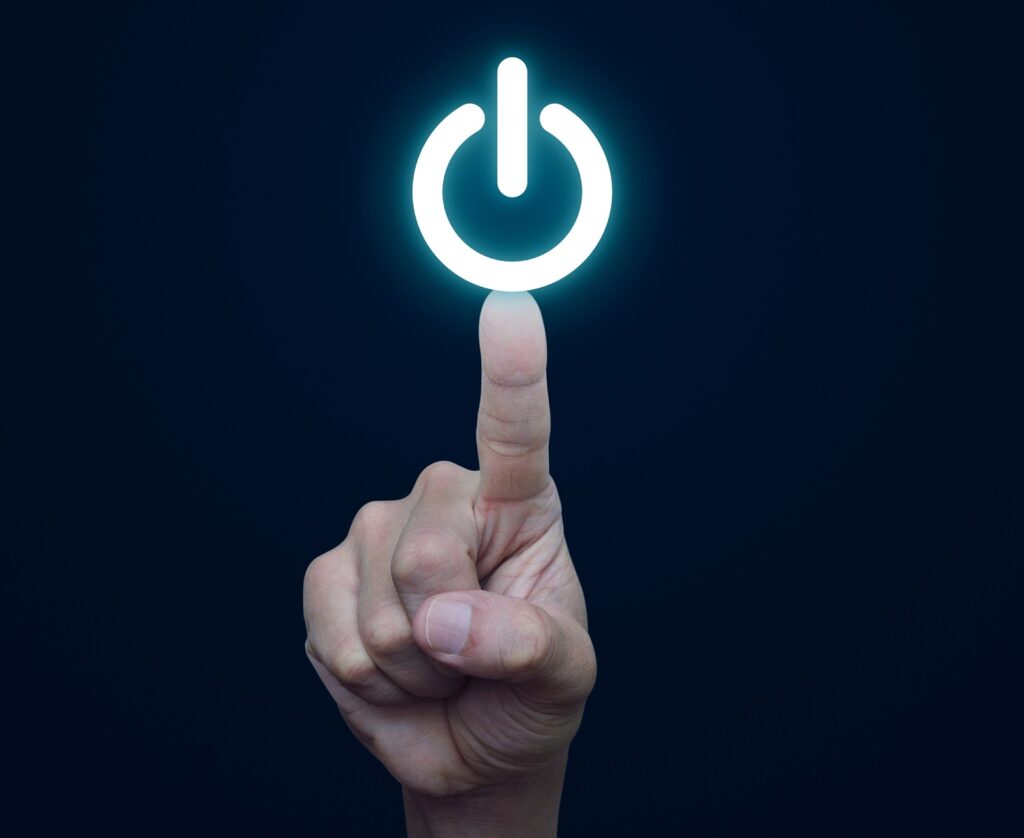Research is about creating new knowledge. And for knowledge to have value, it must reach those who can benefit from it and for them to recognize its value. Communication is therefore essential.
The purpose of Mistra Electrification’s communication is to inform decision makers about the knowledge generated in the program – as well as previous research-based knowledge – to help enabling the energy transition.
The knowledge that different stakeholders, media, and society at large are generally interested in is greatly influenced by the public debate as well as world events, and this is also what Mistra Electrification must relate to.
In this annual report, we have collected a selection of texts based on research results from the programme, all of which touch on topics of great relevance in the societal debate over the past year.
Large supply of fossil-free energy offers good opportunities
On page 8, Mistra Electrification’s programme director Filip Johnsson presents his view on how the availability of a large supply of fossil-free energy offers good opportunities for low energy prices and thus high competitiveness. On page 22 and here, the high-level conference “Climate Urgency and the Nordic Response”, organized by Mistra Electrification and IVA, on this theme is referenced. There researchers and business leaders shared their views on why they believe Sweden is well-positioned to transition and remain competitive.
Another debated topic concerns social acceptance, that is, to what extent people are positive about living near, for example, wind farms or power lines. Adam Peacock and Patrick Devine-Wright from the University of Exeter published a new study on this during the year, and on page 11 they give recommendations to policymakers and business leaders on how they can increase engagement for new energy infrastructure.
Mistra Electrification aims to contribute to a fair transition, but how do you fairly distribute the remaining carbon budget between different countries and regions? On page 13 and here, Christian Azar from Chalmers questions whether it is fair for countries that currently emit a lot of carbon dioxide to continue doing so at the expense of countries that emit little.
Carbon capture and storage (CCS) is considered necessary for the world to manage to keep the temperature increase below 2 degrees. It is also a technology that the Swedish government expects can help Sweden meet its climate goals. However, according to a study by, among others, Jessica Jewell from Chalmers, it appears that the development and implementation of the technology is not developing fast enough, which is described on page 16.
Sector coupling, integrating different energy systems and transferring energy from one energy carrier to another, can be of great importance for the energy transition. This can involve how district heating, energy storage, or the production of electricity and hydrogen interact. Joel Bertilsson, Chalmers, examined how six Swedish cities can cost-effectively secure their energy supply by Year 2050 while also becoming fossil-free, and this is described here and on page 18.
We have tried to communicate the above results and their significance for the transition to relevant stakeholders. In many cases, the impact has been significant with coverage in leading media, while in other cases more limited.
However, the chances of a rapid transition increase if we can become even better at reaching out and conveying the knowledge created by the programme and possessed by the researchers. Therefore, we aim to further enhance our efforts to communicate the outcome from the programme.
Daniel Hirsch
Communications lead Mistra Electrification and Energiforsk

